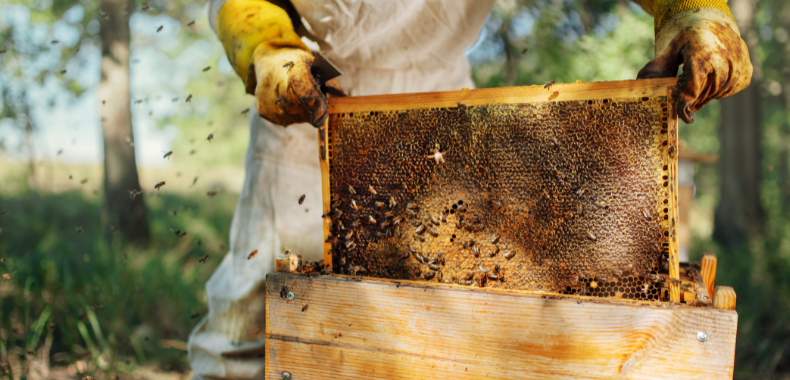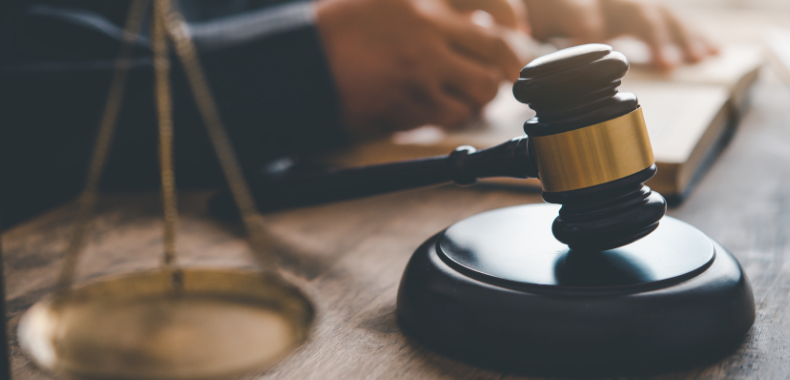The Hague Agreement entered into force on August 1, 2023, in Brazil. The Agreement aims to reduce costs and formalities inherent in the process of obtaining and maintaining the international registration of industrial designs.
It’s important to highlight that industrial designs are a form of intellectual property (IP) that protects a commercial product’s ornamental features, such as its shape, color and patterns. By registering a product’s industrial design with a national or regional IP office, the design’s owner has the right to prevent others from making, selling or importing products with copycat designs.
Industrial designs are granted in each country as well as patents and trademarks. For companies expanding their international operations, like Daio Paper, this raises the costly and time-consuming prospect of having to register their designs in every country they want to conduct business in.

The “Hague System for the International Registration of Industrial Designs” offers an alternative and centralized route for the registration and protection of industrial designs between the signatory countries, by enabling the registration of designs in multiple countries through a single application.
For example, Daio Paper Corporation, a Japanese company that manufactures a broad range of paper products, took advantage of the system.
To create and maintain a distinct corporate identity and brand, Daio Paper created unique industrial designs for its sanitary products, aiming to stand out from the crowd and earn recognition and loyalty from customers.
Daio Paper, following Japan’s inclusion in the Hague System in 2015, was quick to recognize the benefits of using the system. Not only would it reduce costs and simplify procedures for the company, it would also enable them to prevent counterfeit products from being produced and sold in countries where Daio Paper was expanding into.
In this way, The Hague System constitutes an important instrument for the strengthening of the national industry, for the consolidation of the international commercial relations of the country and for the advance of the integration of the nation in the international system of Intellectual Property.
—
Author: Nathália Regina Alves Dourado e Cesar Peduti, Peduti Advogados.
Source: IP Advantage
—
“If you want to learn more about this topic, contact the author or the managing partner, Dr. Cesar Peduti Filho.”
“Se quiser saber mais sobre este tema, contate o autor ou o Dr. Cesar Peduti Filho.”

















